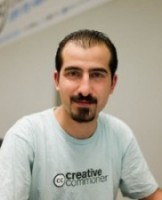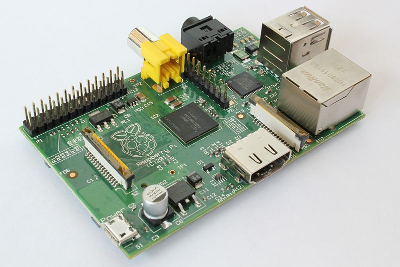The day has changed, but the commentary remains the same: In a minor FOSS Force shuffle, I’ve moved from giving commentary on Wednesdays to giving it on Mondays. And while there is no one item that stands out in a grand way to start the week, there’s no reason we can’t begin the week with several smaller items, right?
 LibreOffice has won, get over it: Last week, I innocently posted an article on Facebook about LibreOffice’s fifth birthday — yes, it has been five years, surprisingly — and for some reason it ran into some resistance from one friend who isn’t exactly too fond of the name “LibreOffice” — “Libre isn’t English” (huh?) — and he seems to think that the remnants of OpenOffice are better served if the LibreOffice folks just fold up their tent and rejoin OpenOffice. Yeah, I laughed too. That’s not going to happen because, for all intents and purposes, OpenOffice was fatally poisoned as soon as Oracle got a hold of it, making the LibreOffice fork necessary. If anything, OpenOffice developers should drop OpenOffice and join LibreOffice. Anyway, happy 5th, LibreOffice.
LibreOffice has won, get over it: Last week, I innocently posted an article on Facebook about LibreOffice’s fifth birthday — yes, it has been five years, surprisingly — and for some reason it ran into some resistance from one friend who isn’t exactly too fond of the name “LibreOffice” — “Libre isn’t English” (huh?) — and he seems to think that the remnants of OpenOffice are better served if the LibreOffice folks just fold up their tent and rejoin OpenOffice. Yeah, I laughed too. That’s not going to happen because, for all intents and purposes, OpenOffice was fatally poisoned as soon as Oracle got a hold of it, making the LibreOffice fork necessary. If anything, OpenOffice developers should drop OpenOffice and join LibreOffice. Anyway, happy 5th, LibreOffice.











